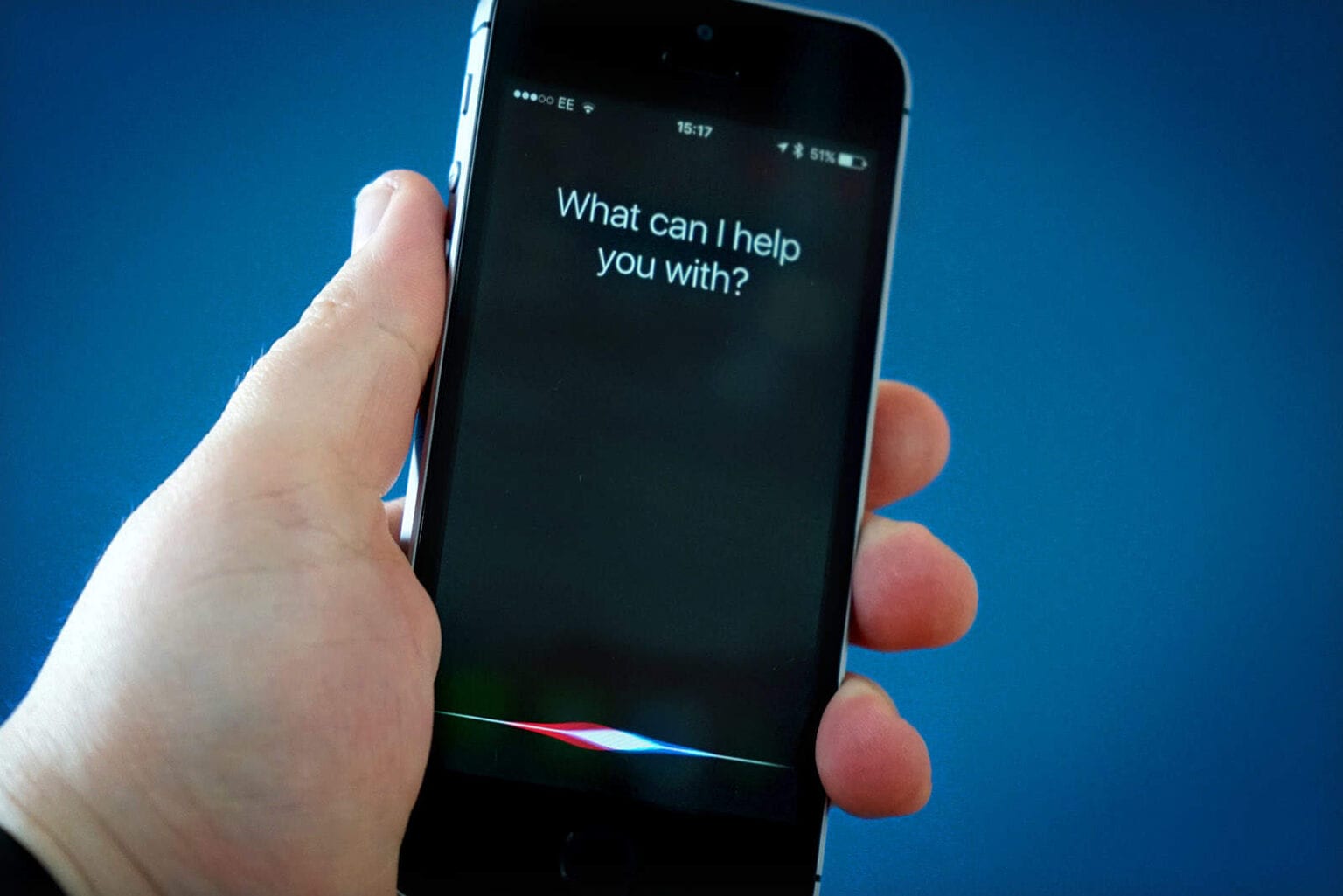As artificial intelligence and machine learning become mainstream in business, large tech firms like Amazon and Facebook look to introduce AI features that transform the way we engage online through predictive purchase models and other algorithmic means. But how does Apple use AI?
But it definitely is. Apple’s business teams are cooking up many AI and ML opportunities. Still, Apple takes on AI challenges from a different angle with a more intuitive approach. Let’s look behind the scenes at the world’s largest tech company to see how tomorrow’s ideas are shaping today’s products.
AI and ML transform the technology landscape
Much can be said of the rise of AI and ML in the public eye in the last two to three years. If you’re studying in an analytical field, like getting an online master’s in business analytics, you may take on case studies to understand how the different companies within industry sectors look to implement AI. And as many of us confronted the reality of working remotely, technology titans such as Amazon developed innovative ways to support modern work.
While many large businesses have incorporated AI into their technology stack, even smaller players have become household names as a result of their innovations. Consider the evolution of large language models such as ChatGPT, developed by OpenAI. In July 2021, barely a mention of ChatGPT existed online. Come February 2023, it’s highlighted as one of the fastest-growing applications in history — surpassing the adoption rates of social media platforms such as Facebook and TikTok.
As these AI companies have grown, some tech titans have sought to gain an advantage for their platforms, typically to address their failures in engaging with emerging technology. Microsoft, for example, invested more than $10 billion in OpenAI and its innovations.
Adapting these technologies to standard business operations can open up new and growing streams of potential income — licensing fees for the use of servers and platforms, for example. However, it can come with controversy. And many, including Apple CEO Tim Cook, have flagged a need for responsible AI usage within the tech industry.
ML at Apple: Just ask Siri
While the competition works to develop AI functionality, including investing in or even buying AI startups, you might wonder how Apple is staying relevant. The answer sits just beyond the lock screen, integrated into Apple products. Would it surprise you to learn Apple reportedly spends millions of dollars a day training AI?
Devices such as iPhones and iPads take advantage of voice-recognition software used by voice assistant Siri. In recent years, Apple harnessed the power of ML through deep neural networks to enable the human voice to trigger an action on an Apple device.
For a user, getting a phone to respond to a voice query is simple. But in the background, it’s more complex. In line with Apple’s privacy commitments, the process ensures a user’s voice data is processed only on the device, which keeps it private. And that’s just one of many behind-the-scenes successes Apple has seen using machine learning.
In that way, Apple can focus on improving customer experiences while avoiding controversies plaguing competing ML platforms, such as privacy concerns.
AI, but not as you know it

Photo: Charlie Sorrel/Cult of Mac
Many companies claim this is the beginning of the generative AI transformation. However, it appears Apple is taking a different approach. Generative AI, which can quickly create words and images seemingly out of thin air, causes controversy at almost every turn.
For instance, some AI models appear to have been trained on copyright-protected material. And Alphabet, which owns Google, faced investor ire after problems with its generative AI platform, Bard. (Even some Google employees reportedly called Bard “worse than useless.”)
While competitors rush out models that promptly misfire or produce wildly inaccurate material, Apple appears to avoid directly competing on AI because of the potential pitfalls it sees.
This approach to demonstrating AI as an incremental, innovative tool — rather than the generative beast of tomorrow — highlights just how different an approach Apple takes. By boosting its existing technology with its own AI processes, Apple remains free to apply these ideas, while avoiding the pitfalls of hosting a wide-ranging language model.
AI and ML careers at Apple
The future of AI and ML at Apple may look understated compared to the company’s peers. But that’s not to say Cupertino’s falling behind. Apple appears to be keeping a close eye on the future of AI. For evidence, just look at some recent hires. And don’t overlook the company’s investment in a Ph.D. fellowship program designed to engage some of the most innovative AI and ML thinkers.
What does tomorrow bring for Apple and AI? It seems unlikely that Apple will change its mindset on how it portrays AI investment. And yet it seems all but certain that Apple will continue to boost its products with AI — even if the company never explicitly labels these innovations as such. Apple’s new mixed-reality Vision Pro headset is less than a year away, and it’s exciting to imagine what the possibilities for this emerging technology may be.
It’s fun to imagine the possibilities for AI, and how they may transform the devices we know and love today. Regardless of the outcome, it’ll be exciting to see how Apple rises to tackle these challenges.


